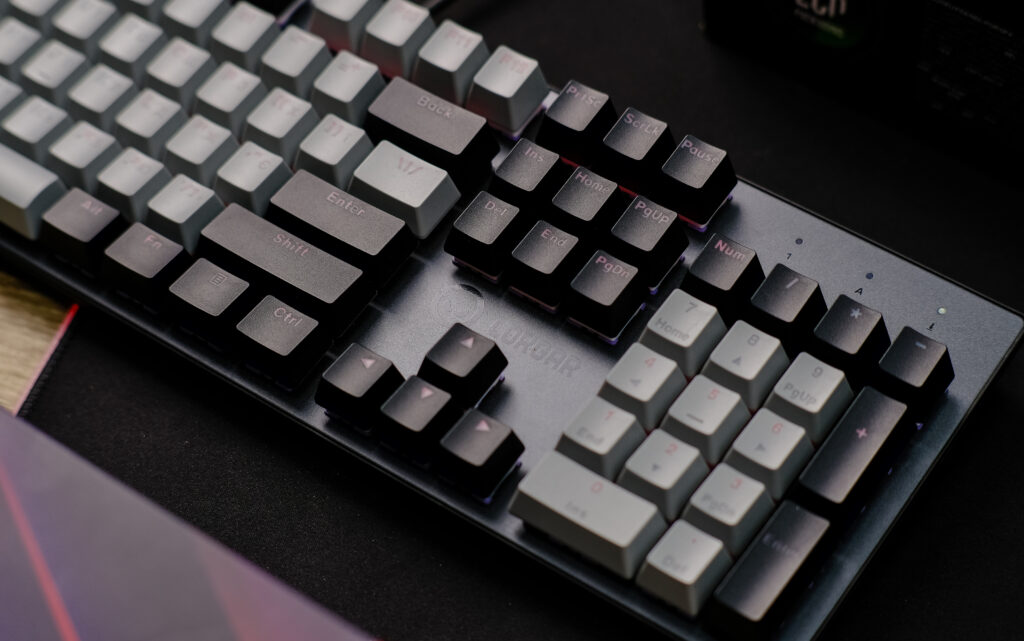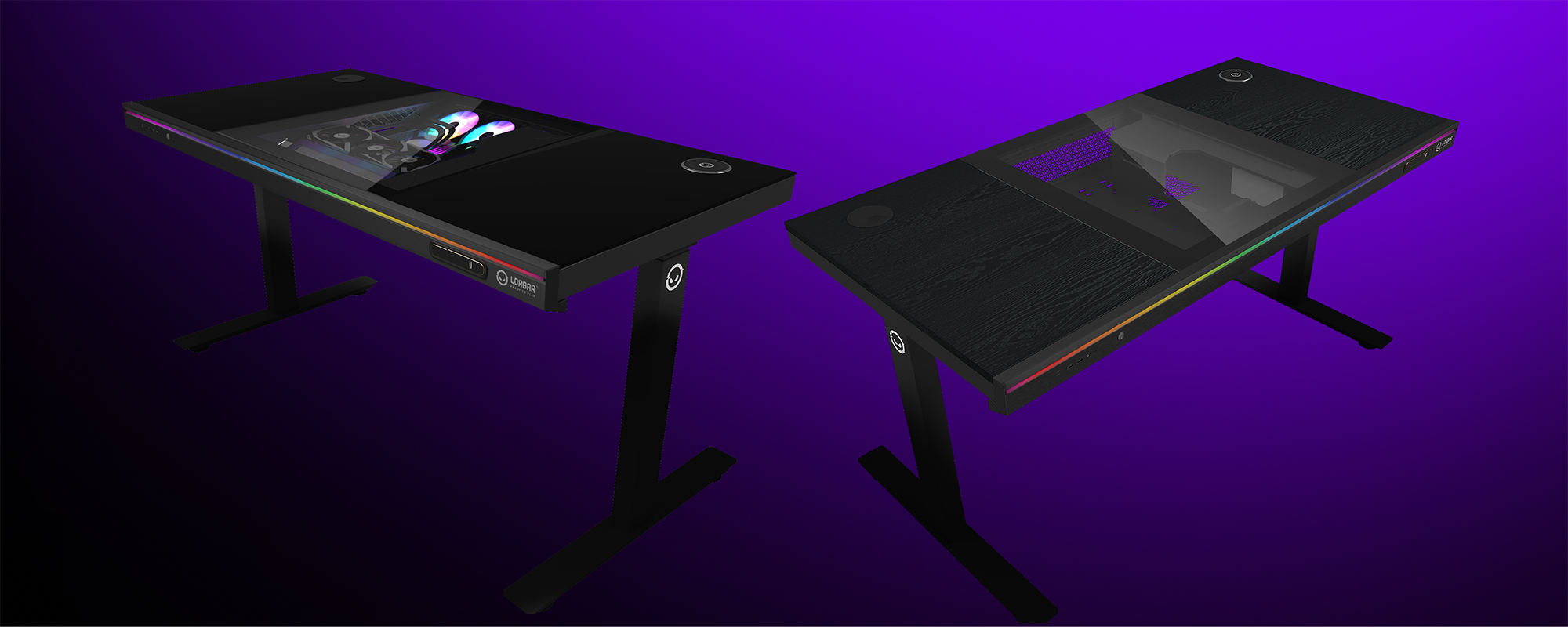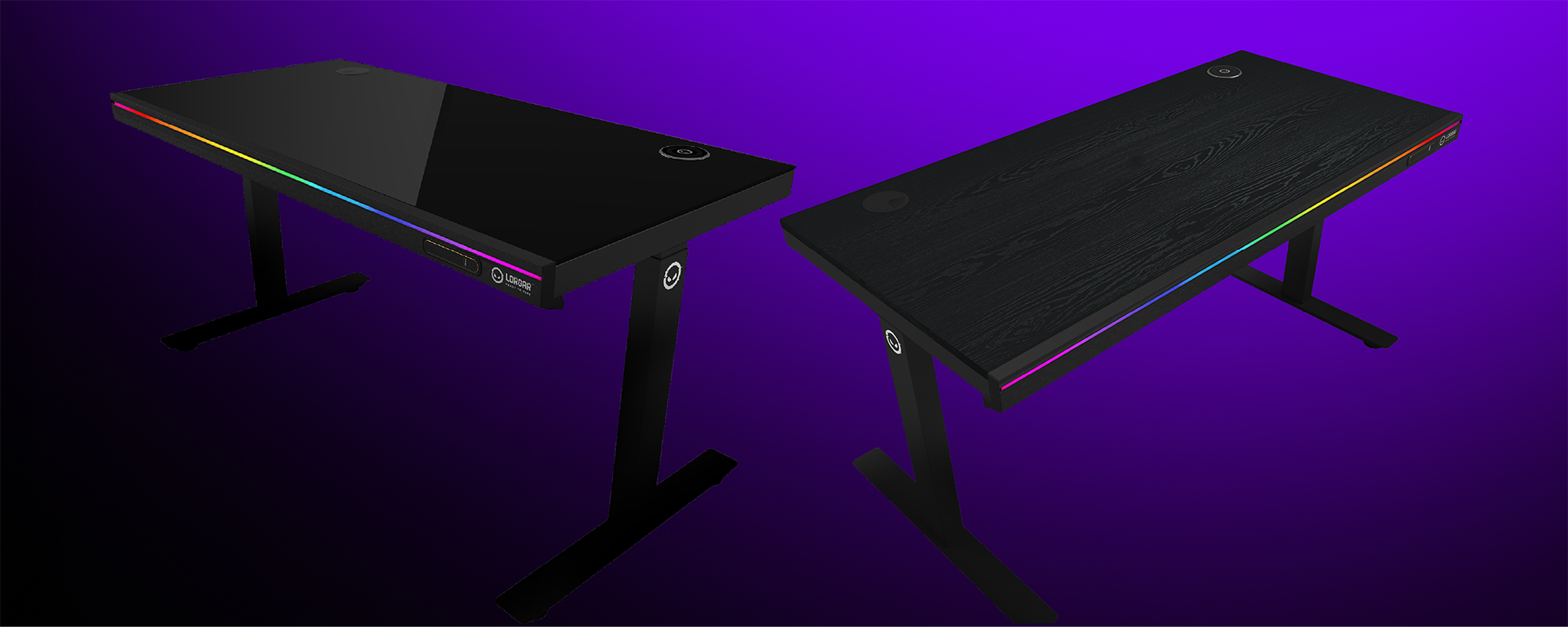Whether you prefer the keyboard wired or wireless can have major impacts on how you type, perform in gaming situations, as well as the workplace aesthetic.
What is wired keyboard
The obvious difference between wired and wireless keyboards is the way they connect to your computer. With a wired keyboard there is almost no transmission delay due to the fact that it connects directly by wire, in other words via USB (this has been pretty much all we have had for 20 years now since the demise of old PS/2 or Serial port interfaces). A wired connection guarantees low latency and perfect signal stability. Conversely, a wireless keyboard communicates with your device using radio frequency (RF) or Bluetooth technology. Less cables to see and manage, more freedom of movement with the keyboard.
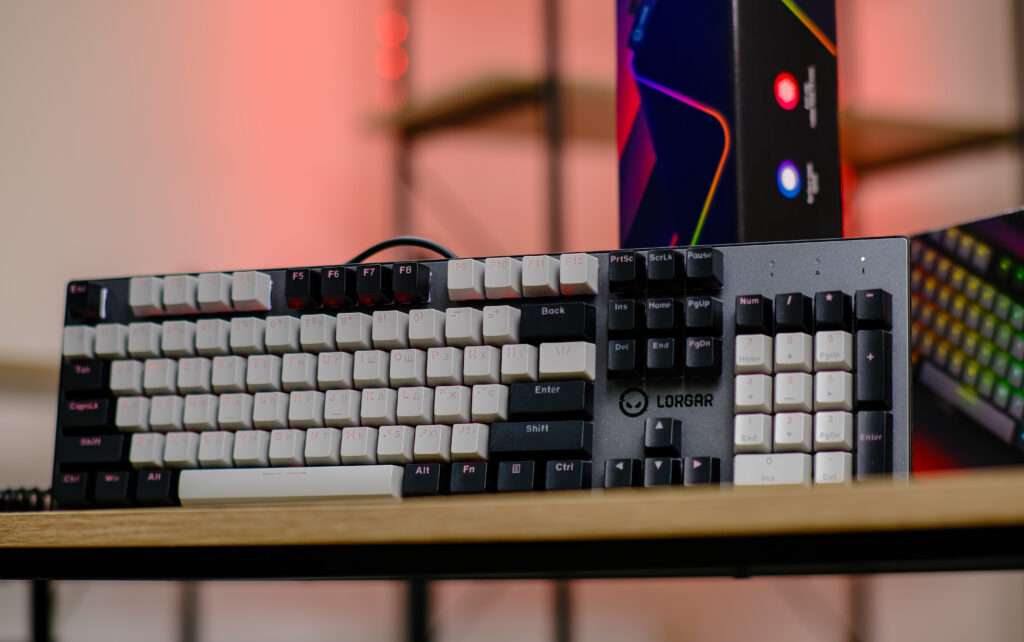
What is wireless keyboard
How does a wireless keyboard work? Most of the time these peripherals are either ones that come with a small USB dongle to plug into your computer or they rely on a built-in Bluetooth adapter (sometimes both). When you press a key, the keyboard sends a signal to the receiver, which then translates it into the corresponding input on your screen. The whole process is so fast that most users would never notice any delay.
Can Wireless Keyboard Be Used For Gaming?
Easily one of the most frequently asked questions from the enthusiasts is if wireless keyboards are good for gaming. Wired keyboards, as traditional wisdom may dictate, have been the preferred choice in terms of speed and interference at least for a die-hard, professional gamer. However, innovations in wireless technology have slashed the difference. Cheaper wireless keyboards still cannot compare however some really high-end wireless keyboards are now offering response times that are actually better than the wired can do – up to 8000 Hz USB polling rate instead of the normal 1000Hz! It’s worth noting that this only applies to 2.4 GHz wireless receivers. Bluetooth can only give 125 Hz polling rate, which is still enough for light-duty applications. For casual gaming or general use, a good quality wireless keyboard can offer an experience that is almost as good without any cables. But competitive gamers probably stick with wired devices to reduce input latency and to ensure there will be no signal drop or battery problem when it matters most.
Pros Of Detachable Cables
This moves us to an interesting middle ground in the market with wired keyboards – models that have detachable cables with USB port on the keyboard itself. There are several advantages with them. First, it allows you to easily transport your keyboard without worrying about cable damage. Removable cable also means you won’t have to replace the whole keyboard due to the failed cable.
This also provides some level of customization as a user can easily plug in replacement cables for different lengths or style consistent with their workspace design. Such a feature is especially desired by mechanical keyboard enthusiasts. It’s a bit of a fashion statement and not necessary from the practical standpoint, but the community has been obsessed for a few years with coiled “aviator” cables with high-quality connectors.
Some keyboards with detachable cables also offer wireless functionality. In such cases, the keyboard generally can charge its battery and communicate with the PC via USB cable in wired mode while still returning into wireless mode as desired.
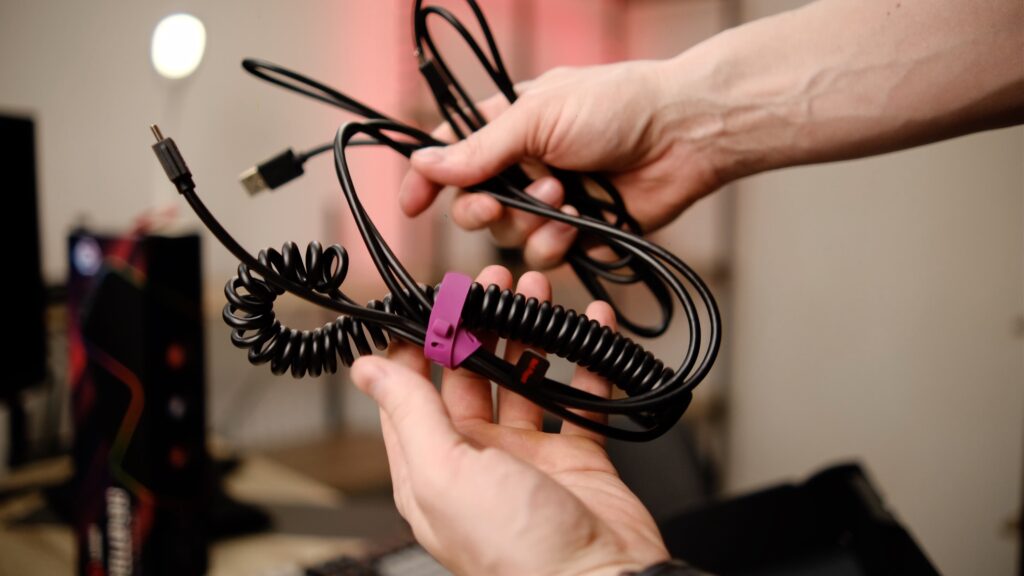
Wireless Keyboards – Freedom And Flexibility
Wireless keyboards allow you more freedom as to how your work environment is laid out. A wireless keyboard can be a great option if you want to reduce desk clutter, work several feet from the computer itself or type on more than one device. Up to 4 devices can be connected with some models (1 via wired USB RF and up to 3 more over Bluetooth). That means you can instantly switch between PC, tablet and smartphone.
Most wireless keyboards, though do have a couple caveats. The battery life is a key consideration: some models need regular charging or even batteries replaced, while others last months between charges. Also, while it rarely happens in real life, wireless keyboards can have a bit of spotty connectivity (mostly due to the interference when too many electronic devices appear in one place).
Ergonomics and Design
Both wired and wireless keyboards have an array of ergonomic designs to help you type more comfortably over long hours at work or survive during gaming sessions. There is one design bonus, though: without the need to accommodate a fixed cable on a desk, users can find more options to place the wireless keyboard in an aesthetically pleasing way, especially if the mouse is wireless too.
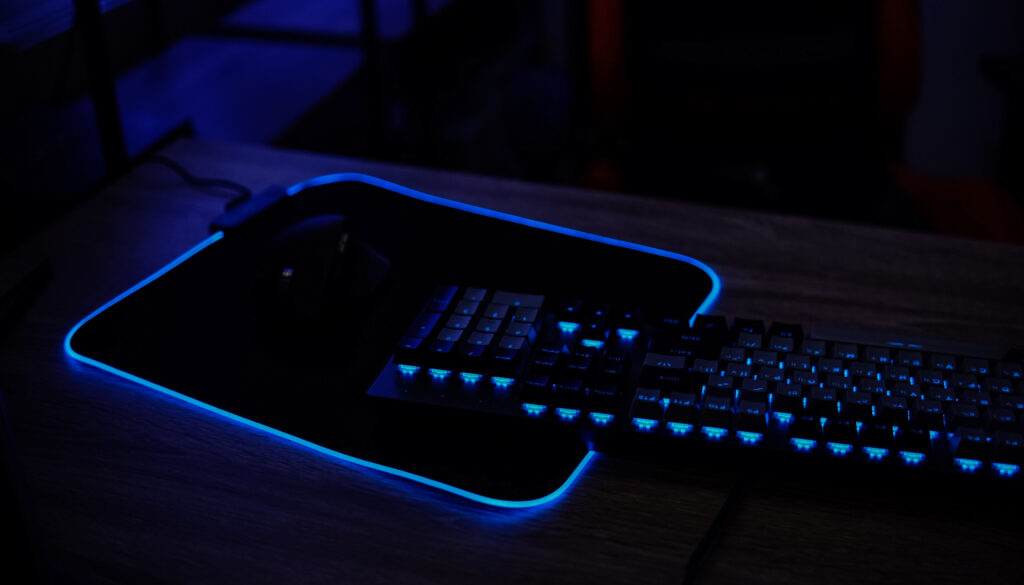
Price and Value
Less parts involved means that wired keyboards in general should be relatively cheaper. But, since wireless technology has been around for decades now it isn’t a surprise that the price gap can be really narrow. Wireless or wired, you can expect high-end keyboards to deliver some extra features which include programmable keys, RGB backlight and premium switches.
Making Your Choice
To conclude, it is all a matter of personal taste whether you prefer wired or wireless keyboard. Think about your primary use case, whether it’s gaming (casual or pro-level?), extensive typing, or just general PC duty? When setting things up, think about how portable the solution needs to be and if you will need to move your keyboard around often? Try to estimate honestly, if polling rate and latency are important or can connectivity issues become a real problem in your environment? For wireless options, battery life is important – are you OK to charge the keyboard regularly or even replace the batteries? Might an additional cable ruin your perfectly uncluttered desk space or, to the contrary, might a custom detachable coiled cable brighten the setup? The choice is in your hands.
